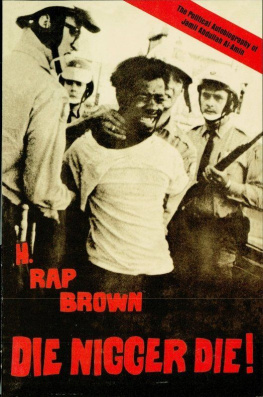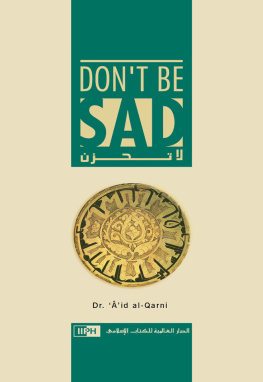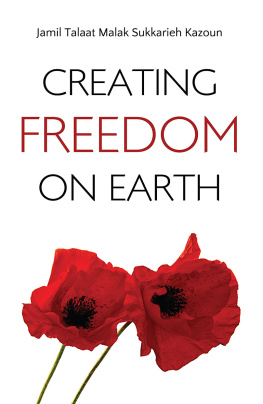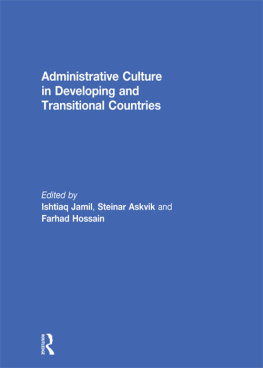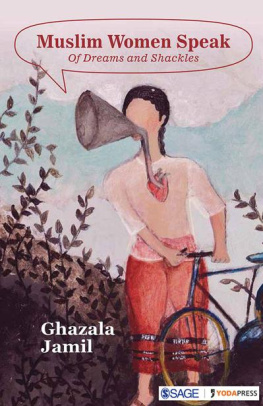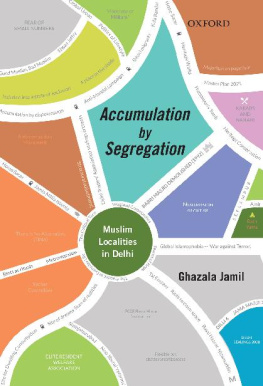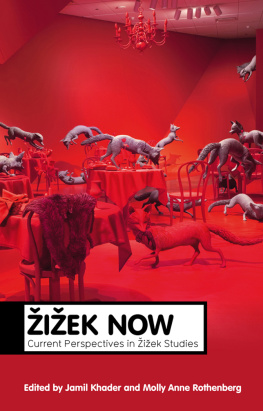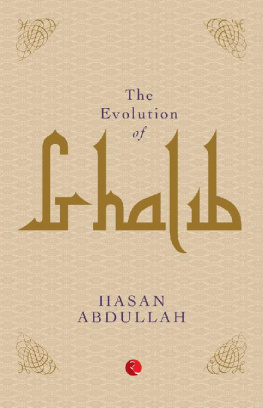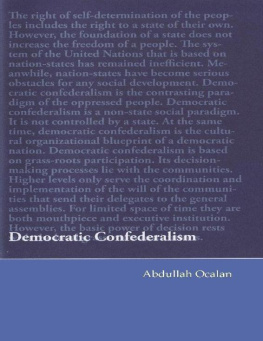H. Rap Brown (Jamil Abdullah Al-Amin) - Die Nigger Die!: A Political Autobiography of Jamil Abdullah al-Amin
Here you can read online H. Rap Brown (Jamil Abdullah Al-Amin) - Die Nigger Die!: A Political Autobiography of Jamil Abdullah al-Amin full text of the book (entire story) in english for free. Download pdf and epub, get meaning, cover and reviews about this ebook. year: 2002, publisher: Chicago Review Press, genre: Politics. Description of the work, (preface) as well as reviews are available. Best literature library LitArk.com created for fans of good reading and offers a wide selection of genres:
Romance novel
Science fiction
Adventure
Detective
Science
History
Home and family
Prose
Art
Politics
Computer
Non-fiction
Religion
Business
Children
Humor
Choose a favorite category and find really read worthwhile books. Enjoy immersion in the world of imagination, feel the emotions of the characters or learn something new for yourself, make an fascinating discovery.
- Book:Die Nigger Die!: A Political Autobiography of Jamil Abdullah al-Amin
- Author:
- Publisher:Chicago Review Press
- Genre:
- Year:2002
- Rating:5 / 5
- Favourites:Add to favourites
- Your mark:
- 100
- 1
- 2
- 3
- 4
- 5
Die Nigger Die!: A Political Autobiography of Jamil Abdullah al-Amin: summary, description and annotation
We offer to read an annotation, description, summary or preface (depends on what the author of the book "Die Nigger Die!: A Political Autobiography of Jamil Abdullah al-Amin" wrote himself). If you haven't found the necessary information about the book — write in the comments, we will try to find it.
Die Nigger Die!: A Political Autobiography of Jamil Abdullah al-Amin — read online for free the complete book (whole text) full work
Below is the text of the book, divided by pages. System saving the place of the last page read, allows you to conveniently read the book "Die Nigger Die!: A Political Autobiography of Jamil Abdullah al-Amin" online for free, without having to search again every time where you left off. Put a bookmark, and you can go to the page where you finished reading at any time.
Font size:
Interval:
Bookmark:

This paperback edition of Die Nigger Die! is an unabridged republication of the edition published in New York in 1969, and is reprinted by arrangement with the author.
The lines from Dream Deferred by Langston Hughes, copyright 1951 by Langston Hughes, are reprinted from The Panther and the Lash by permission of Alfred A. Knopf, Inc.
Conquest by Georgia Douglas Johnson is reprinted by permission of Henry Lincoln Johnson. Published in American Negro Poetry edited by Arna Bontemps, Hill and Wang, Inc.
The poem on page xli is reprinted with the kind permission of the author, Don H. Lee.
Photographic material used in collages, on endpapers and on pages 5, 6, 49, 50, 71, 122, 126, and 127 courtesy of Wide World Photos, Inc.
Copyright 1969 by Lynne Brown
Foreword copyright 2002 by Ekwueme Michael Thelwell
All rights reserved
Published by Lawrence Hill Books
An imprint of Chicago Review Press, Incorporated
814 North Franklin Street
Chicago, Illinois 60610
ISBN-13: 978-1-55652-452-3
ISBN-10: 1-55652-452-8
Printed in the United States of America
5 4
To
all of those who have died
resisting americas white death
and to
Murphy Bell
William Kunstler
Howard Moore
H. Rap Brown/Jamil Al-Amin: A Profoundly American Story
This autobiographical political memoir by H. Rap Brown is a vital American historical documenthistorical almost in the sense of a message found in a time capsule, a missive from another age. But it remains of considerable interest for what it tells us about social and political attitudes, behaviors, and expectations of a timeso my students believelong past. The time, in this case, is a discrete, relatively short period of domestic upheaval in this country during the late 1960s and early 1970s, a time of revolutionary black uprising in northern ghettoes following hard on the heels of the southern, nonviolent direct action movement engineered by SNCC (Student Nonviolent Coordinating Committee), CORE (Congress of Racial Equality), and SCLC (Southern Christian Leadership Conference), a movement usually associated with Martin Luther King, Jr. Raps book has an added dimension of sociological interest, being a voice from the front lines, the personal and political testimony of a radically militant chairman of SNCC who came to symbolize the defianceof a generation of angry and militant black youth. A third, perhaps less compelling, area of interest is the personal: what the voice and language reveal about the character and personality, the sensibility, if you will, of the speaker. In combination these three factors make a powerful argument for the reissuing of this book. Die Nigger Die! is a cultural artifact that should be generally available.
So you would expect that the author, like any writer, would be immeasurably eager to see his work once more in print. But you would be wrong.
For one thing, the author, H. Rap Brown, is no longer among us. Nor has he really been since 1971, when, as a young man of twenty-six, he made his shahadah (the Muslim declaration of faith). During a period of incarceration by the State of New York, the black activist known to the media as H. Rap Brown converted to orthodox Islam and emerged as Jamil Abdullah Al-Amin, a Sunni Muslim. Brown went in and Al-Amin emerged. This change was by no means cosmetic or strategic.
By all accounts and the overwhelming preponderance of evidence over many years, this was a genuine religious conversion, a classically profound transformation of self. Al-Amin embarked on a life of rigorous study and spiritual and moral inquiry with the same single-minded intensity and uncompromising commitment Rap had brought to militant social struggle.
It is important to mention this because, as we know, not all conversionsreligious or ideologicalare equal. This was a time particularly famous for instant sudden, public, and apparently infinitely reversible self-reinventions, two of the more dramatic being Jerry Rubins conversion from the stridentlycounterculture Youth International Party leadership to Wall Street broker (from yippie to yuppie) and Eldridge Cleavers from Black Panther Party revolutionary to born-again Christian.
Al-Amins embrace of Islam, however, proved neither facile nor expedient, as his emergence as a bookish Muslim cleric and his years of work in faith-based social improvement have demonstrated. The fiery and impetuous young rebel who speaks out of the pages of this book has long since evolved into an austere religious scholar, disciplined by faith and projecting the aura of a spiritually disposed ascetic.
After thirty years, Al-Amin has become, in many important ways, a vastly different person from the author of this book. A respected Imam, he now seesand for some time has seenthe world, his own role therein, and the eventual liberation of his people in quite different terms: those of faith, self-discipline, and spiritual development. This vision is reflected in both his demeanor and his language. Consequently he has, at this time, serious reservations about the appropriateness of reissuing this book of youthful struggle. It is not that he repudiates any aspect of the earlier booknot the tone, the defiant struggle out of which it came, or even the youthful persona of that text. (The Imam, however, did have some concerns whether the vernacular earthiness of some of the street language was now entirely seemly. He also found a number of pejorative street-corner references to certain women to be regrettable, even embarrassing, but decided to let them stand as originally uttered.)
His reservation is more that he considers his more recent work, Revolution by the Book, far more relevant to his current concerns and the work of thirty years, as well as being moreindicative of his present personal and professional style. No two books could be more different in style and subject, but what they share, apart from their common paternity, is that both are earnestly addressed to the same audience and purpose: the re-education of the African American grassroots.
This more recent work is not, as might be inferred from a casual glance at the title, a handbook on guerrilla war. The revolution of the title refers very specifically to jihad in its classical Islamic meaning of the daily internal struggle for self-mastery and moral discipline. The book begins with a collection of sermons, each explicating one of the Five Pillars of Islam Shahadah (declaration of faith), Tauheed (the Oneness and uniqueness of God), Salaat (prayer and worship), Zakaat (the redemptive value of charity), and Saum (purification by fasting and abstinence)and the expression of all five by the Hajj, or prescribed pilgrimage.
Liberally illustrated with quotations from the Quran, the Sunnah, and other secondary Islamic texts, the tone is learned and reverent, exhortatory and precise. It is an eloquent articulation of the fundamental principles, values, and practice of orthodox Islam, affecting every aspect of life, personal and social. The revolution it envisions is a moral one, which begins with the personal, stressing awareness of God and self through piety, study, and self-discipline, and moves through family and out into the larger society.
On family:
The first responsibility of the Muslim is as teacher. That is his job, to teach. His first school, his first classroom is within the household. His first student is himself. He masters himself andthen he begins to convey the knowledge that he has acquired to the family. The people who are closest to him.
On struggle:
To be successful in struggle requires remembrance of the Creator and the doing of good deeds. This is important because successful struggle demands that there be a kind of social consciousness. There has to be a social commitment, a social consciousness that joins men together. On the basis of their coming together, they do not transgress against themselves and they do not transgress against others.
Font size:
Interval:
Bookmark:
Similar books «Die Nigger Die!: A Political Autobiography of Jamil Abdullah al-Amin»
Look at similar books to Die Nigger Die!: A Political Autobiography of Jamil Abdullah al-Amin. We have selected literature similar in name and meaning in the hope of providing readers with more options to find new, interesting, not yet read works.
Discussion, reviews of the book Die Nigger Die!: A Political Autobiography of Jamil Abdullah al-Amin and just readers' own opinions. Leave your comments, write what you think about the work, its meaning or the main characters. Specify what exactly you liked and what you didn't like, and why you think so.

